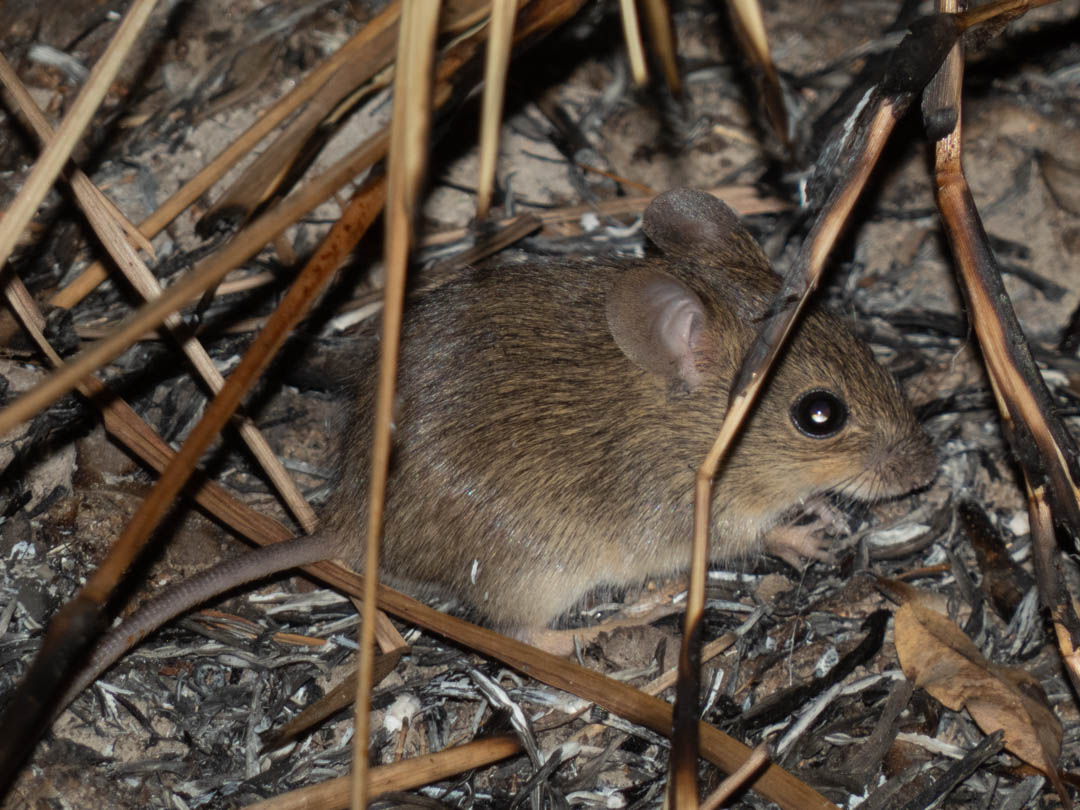
Personal note
Dear All,
After something like 45 years, I decided to give up mammal- and birdwatching in the traditional sense.
The main reason is that I have two children. Trying to combine family duties with chasing new species has been a massive failure, not to mention a constant source of frustration for everybody. In June I spent a week In Perth and couldn’t even make it to Dryandra in daytime to see numbats. Then I spent 10 days in Darwin/Kakadu area, looked for mammals every night after the kids went to sleep, and almost killed myself with sleep deprivation. It’s simply not working.
Another thing is that the community is increasingly moving towards competitive twitching, which is the opposite of what I am interested in. For me it’s always been about observing nature and learning. I will still travel at every opportunity but will prioritize seeing new ecosystems and ecosystem events over chasing particular species. I will be almost 70 by the time my kids grow up, so I have to make some hard choices. There comes a time in your life when you have to admit that all bentwings look nearly the same.
I will keep updating my life lists, but they will be strictly private, particularly all numbers. I will not report sight records anywhere anymore (except to researchers working with particular species in some cases), because it always feels like you have to prove something to somebody and I hate this. I might find time to upload particularly interesting photo records to iNaturalist, and if there’s something super interesting, I might publish it in a scientific journal, although this takes way too much time. I felt it was my duty to write trip reports here, because I’ve been using this website so much, but I think I’ve spent enough time writing them to freeload for the rest of my life.
I will still be happy to provide any information about sites and species upon request, and to help with IDs (although Venkat is now better at this I think). I might even be able to find time to guide tours – something I’ve always wanted to do, but almost never could. My email is dinets at gmail.
Thanks to everybody and particularly to Jon for creating this space, it’s been a lot of fun and I hope to still be around, just much less regularly.
On the photo: western chestnut mouse (Pseudomys nanus), Litchfield National Park, Northern Territory. This one definitely goes to iNaturalist
Post author
8 Comments
-
-
Ralf Bürglin
Thank you Vladimir for all your reports! Being a parent myself, I recommend the following concerning trips for fellow parents: 1. Convince your family that it is worthwhile that you do the trip planning. 2. Choose only one or a few main target species and carry your family along (which is of course only possible, when your kids reach a certain age). 3. Limit the number of destinations on a trip (travelling is stressful for kids; staying at one or a few spots suits them better). 4. Remember that it is your choice to define “mammal watching”. Using the term in the original sense is way less stressful: Mammal watching is about “watching mammals”, not just “counting mammal species”. 5. Introduce your family to mammal watching with a boat ride alongside a pot of 30 orcas – and that way infect your loved ones with the mammal watching virus. 6. Make sure your wife is still smiling, when you steal away for a night of mammal watching by yourself. 7. Make sure you are able to give proper answers the next day after a night with only four hours of sleep. 8. Don’t repeat a night of mammal watching with only four hours of sleep if you fail to give proper answers.
-
jurekmammalwatching
Hi Vlad,
Combining family and hobby is a skill, but many people manage. I am sure you will soon be sneaking out and sending us new reports!
I am not sure if you realize or value it, but your field experience is valuable. Over the years I watched many experienced biologists, some of whom inspired me, leave the field and take their skills with them. Some are now deceased.
Did you consider making a series of youtube videos, online papers or a book teaching details of finding mammals and other wildlife in the field? Things like how to tell a mouse from a lizard by the sound of rustling leaves as it escapes. I myself was inspired by it. I did not think it is possible before reading your website. Then I tried and whoa, it is really possible.
I purposefully suggest small internet forms to reduce time. If your experience inspires and brings to speeds a bunch of new field biologists, it will be better than many publications of obscure species! And if you punctuate them with your adventures of the kind a-cougar-jumped-at-me, this might be very popular.
Leave a Reply
You must be logged in to post a comment.




JanEbr
I have already told you personally that you have been a great inspiration for me, but this is never repeated too often. If I go to a place and there is a large selection of reports, I always scroll to see of there is a Vladimir one – not only it has interesting animals, but usually also this unique, realistic, even somewhat annoyed, view of the country in question. Ultimately, it’s up to you how you enjoy what you do, but if you ever feel like sharing your experiences with animals, be sure that there are many people, who are eager to listen. I think it’s a shame that you don’t share a public list of mammals (as far as I know) because if you did, this would be a huge motivational material for people about how much stuff can be seen – but I do somewhat understand how public scrutiny can be harsh (not even mentioning the recent, ehm, affair). But maybe, if you give it break, you will, at some point, find yourself sitting down, bored, and just write a report from some trip to pass the time? (Also Venkat is a slacker and has my Brazil rodents for more then a month.)